The Lecture
To begin with, Scott will discuss the factors that affect wine flavors, concentrating on the climate and geology of the region. Oregon and Washington are the number 3 and 2 states in number of wineries in the United States and just across the border, B.C. is the number 2 province in Canada for wine production. Scott will concentrate on SE Washington and Willamette Valley in Oregon, but will also discuss NW Washington, SW Oregon, and British Columbia (including Vancouver Island which has a solid wine industry too and they are so close to the Olympic Peninsula. This part will take about 40 minutes with some audience polling questions included. The last half hour we will ask the different members of the audience (via zoom) what they are drinking and briefly will discuss their terroirs. Come prepared with something to drink – even beer has a terroir story!
The Tasting
We’ll have a virtual wine tasting after the lecture. So select one of your favorite wines from wherever and taste away while Scott lectures. Afterwards, we’ll have a virtual Happy Hour when we can talk about specific wines, AVAs or wineries.
The Speaker
Scott just finished his 50th year of teaching at the university level. He has taught in Switzerland, New Zealand, Washington, Colorado, and Louisiana before returning to Portland where he grew up and has been at Portland State for 30 years. While as a student at Stanford in 1968, he started drinking wine in a fledgling little area called the Napa Valley. He and Michael Machette both studied under Peter Birkeland at the University of Colorado. Scott used to make wine in the early 1970’s with his Swiss students and turned that experience into his first published paper in the Journal of College Teaching in 1976. With the help of his large collection of students, he unlocked the secrets of the different soils in the Willamette Valley that were producing different flavors in the early 1990’s. He has also done research on terroir in southern Oregon and the Columbia Gorge. He has been studying Canadian terroir for over 30 years, too.

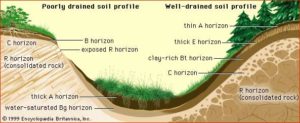
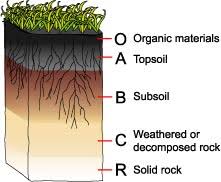 The lecture
The lecture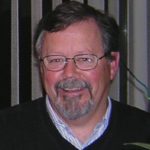
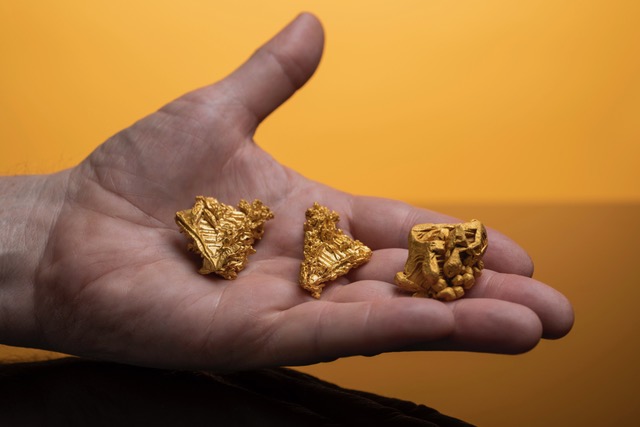 Gold is one of the most fascinating of the 5,400 mineral species on Earth and no mineral (or metal) evokes more emotion, but gold also has an incredible scientific story: a gold nugget is made of material that was not born in our planet or even our solar system.
Gold is one of the most fascinating of the 5,400 mineral species on Earth and no mineral (or metal) evokes more emotion, but gold also has an incredible scientific story: a gold nugget is made of material that was not born in our planet or even our solar system.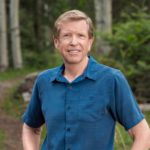 Terry C. Wallace Jr. was raised in Los Alamos, New Mexico and graduated from Los Alamos High School in 1974. He earned a Bachelor of Science degree in geophysics and mathematics from New Mexico Institute of Mining and Technology, followed by a Master of Science and PhD in geophysics from the California Institute of Technology.
Terry C. Wallace Jr. was raised in Los Alamos, New Mexico and graduated from Los Alamos High School in 1974. He earned a Bachelor of Science degree in geophysics and mathematics from New Mexico Institute of Mining and Technology, followed by a Master of Science and PhD in geophysics from the California Institute of Technology.